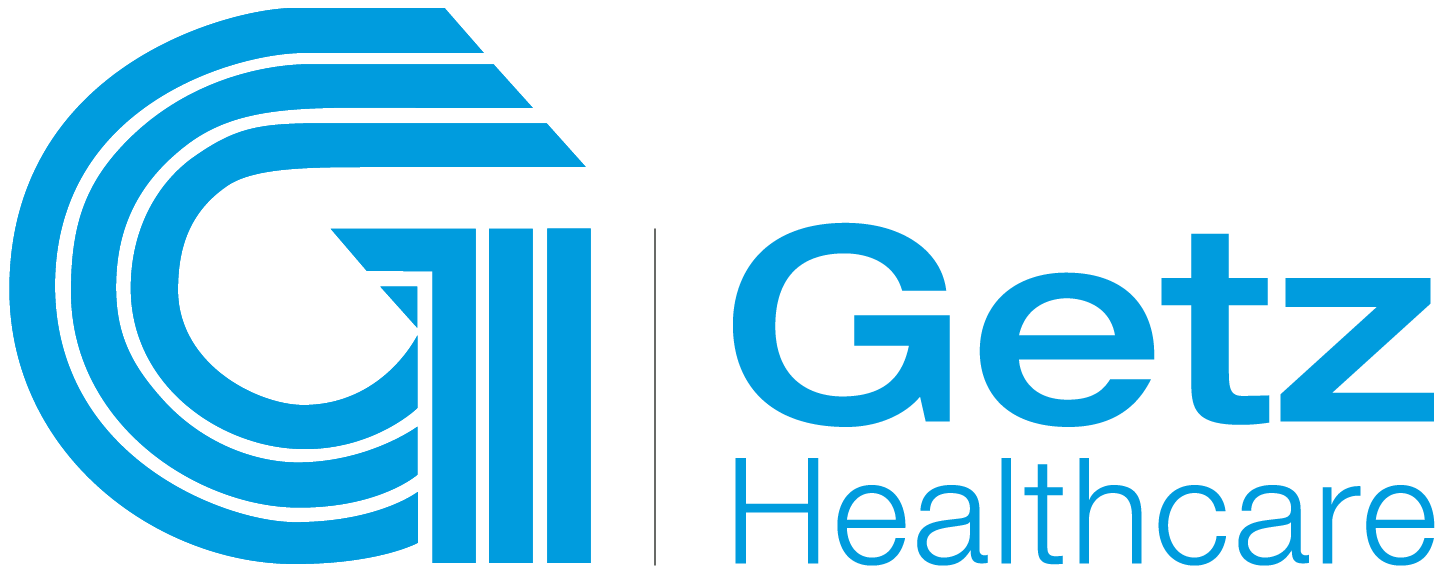
Fighting Sepsis - with Speed and Confidence
According to the Australian Sepsis Network, of the 18,000 Australians admitted to intensive care every year with sepsis, nearly 5,000 die.i The need for early diagnosis and rapid treatment has been highlighted in recent years by healthcare regulators and providers in Australia,ii and around the world.iii As such, it is essential that frontline workers have the knowledge and tools to identify sepsis fast at the point-of-care.
Patients at risk
Sepsis can affect anyone, so professionals must remain vigilant with everyone they care for. Most at risk are infants and children, elderly people and those with a weakened immune system. People with chronic illnesses such as diabetes, AIDS, cancer and kidney/liver disease also face a higher risk of developing the condition, as does anyone with severe burns or physical trauma. Having survived sepsis in the past is another risk factor for developing it again.
Early symptoms that healthcare professionals are trained to look out for include an elevated heart rate, confusion and disorientation, fever and shivering, rapid breathing, muscle pain, not passing urine and discoloured skin.iv However, these are often only detectable once the condition has developed, which emphasises the importance of early diagnosis and intervention.
Treatment time and outcome
Studiesv have found varying outcomes in patients with and without septic shock with regards to treatment times. For those with septic shock, immediate treatment response and antibiotic administration is particularly important. There is also evidence to show that the risk of mortality increases by 8% for every hour that treatment is delayed in any patient with sepsis. Administration of appropriate antibiotics within an hour of recording hypotension is associated with a 79.9% survival rate.vi
Of course, to achieve this speed of treatment, a diagnosis must be made as quickly and as early in the development of sepsis as possible. This has traditionally been difficult for dental professionals, as the diagnosis of infection has been challenging due to a lack of specific screening and the discordance that is often caused among the assessing clinicians.vii The introduction of biomarker testing offers a solution to these challenges.
Biomarker detection
Pancreatic Stone Protein (PSP) has been identified as one of the earliest signs of sepsis. It is produced by the pancreas in response to sepsis-related organ dysfunction, independent from inflammation. As such, a study has shown that it is detectable up to 3 days before clinical symptoms appear in critically ill patients.viii
How do you make use of this in practice? With the Abionic abioSCOPE® 2.0 Pancreatic Stone Protein and IVD Capsule PSP. This innovative solution makes bedside testing for sepsis FAST, EFFICIENT and SIMPLE for professionals. Only one drop of blood is required from the patient and lab-quality results are delivered in just 5 minutes. This means that clinicians and their teams can monitor patients closely with exceptional point-of-care services they trust to help identify sepsis fast.
For total peace of mind, know that the abioSCOPE 2.0 provides a positive result for sepsis up to 72 hours earlier than the current standard of care, so you can give your patients the very best chance of beating sepsis. For more details, visit our product page or Contact Us today.
i Sepsis Australia. Sepsis epidemiology. https://www.australiansepsisnetwork.net.au/healthcare-providers/sepsis-epidemiology [Accessed May 2023]
ii Australian Commission on Safety and Quality in Healthcare. Sepsis Clinical Care Standard. June 2022. https://www.safetyandquality.gov.au/standards/clinical-care-standards/sepsis-clinical-care-standard [Accessed May 2023]
iii Centres for Disease Control and Prevent. CDC urges early recognition, prompt treatment of sepsis. August 2017. https://www.cdc.gov/media/releases/2017/p0831-sepsis-recognition-treatment.html [Accessed May 2023]
iv Sepsis Australia. Signs and symptoms of sepsis. https://www.australiansepsisnetwork.net.au/community-awareness/signs-symptoms-sepsis [Accessed May 2023]
v Im Y, Kang D, Ko RE, Lee YJ, Lim SY, Park S, Na SJ, Chung CR, Park MH, Oh DK, Lim CM, Suh GY; Korean Sepsis Alliance (KSA) investigators. Time-to-antibiotics and clinical outcomes in patients with sepsis and septic shock: a prospective nationwide multicenter cohort study. Crit Care. 2022 Jan 13;26(1):19. doi: 10.1186/s13054-021-03883-0. PMID: 35027073; PMCID: PMC8756674.
vi Kumar A et al. Duration of hypotension prior to initiation of effective antimicrobial therapy is the critical determinant of survival in human septic shock. Critical Care Medicine. 2006;(34):1589-1596.
vii Duncan, C.F., Youngstein, T., Kirrane, M.D. et al. Diagnostic Challenges in Sepsis. Curr Infect Dis Rep 23, 22 (2021). https://doi.org/10.1007/s11908-021-00765-y
viii Pugin, J., Daix, T., Pagani, JL. et al. Serial measurement of pancreatic stone protein for the early detection of sepsis in intensive care unit patients: a prospective multicentric study. Crit Care 25, 151 (2021). https://doi.org/10.1186/s13054-021-03576-8
